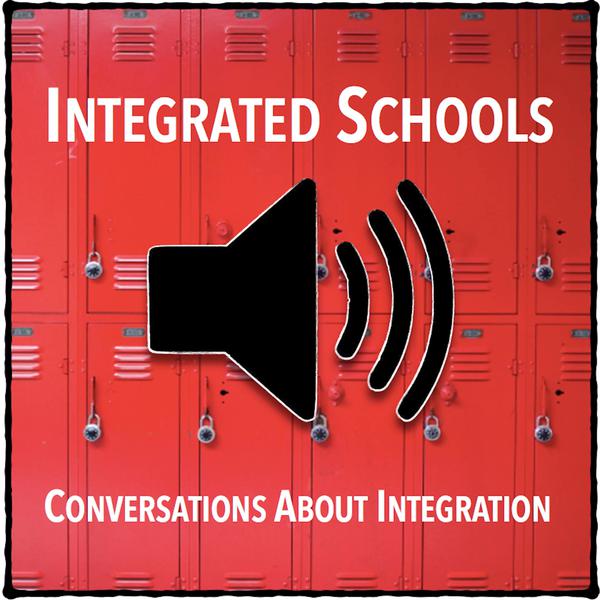
The Integrated Schools Podcast
Integrated Schools
Hard conversations about race, parenting, segregation, and inequities in our schools.
- More Episodes? Get the App

Hard conversations about race, parenting, segregation, and inequities in our schools.